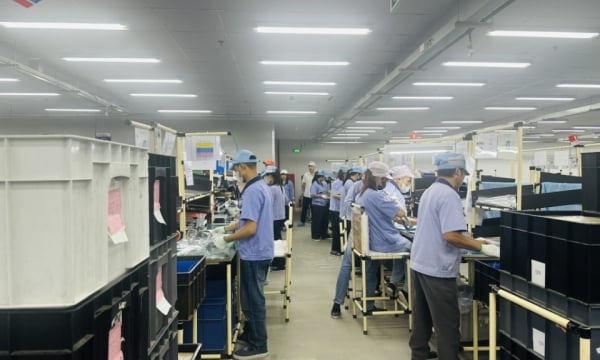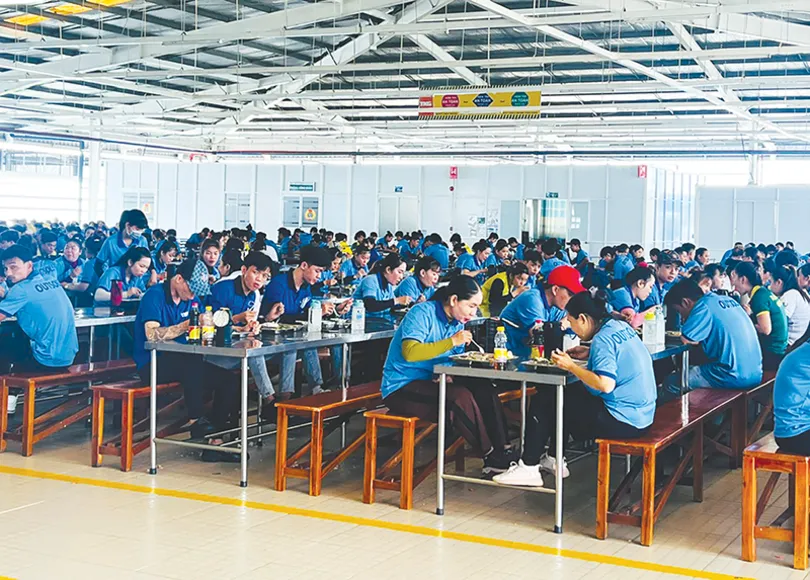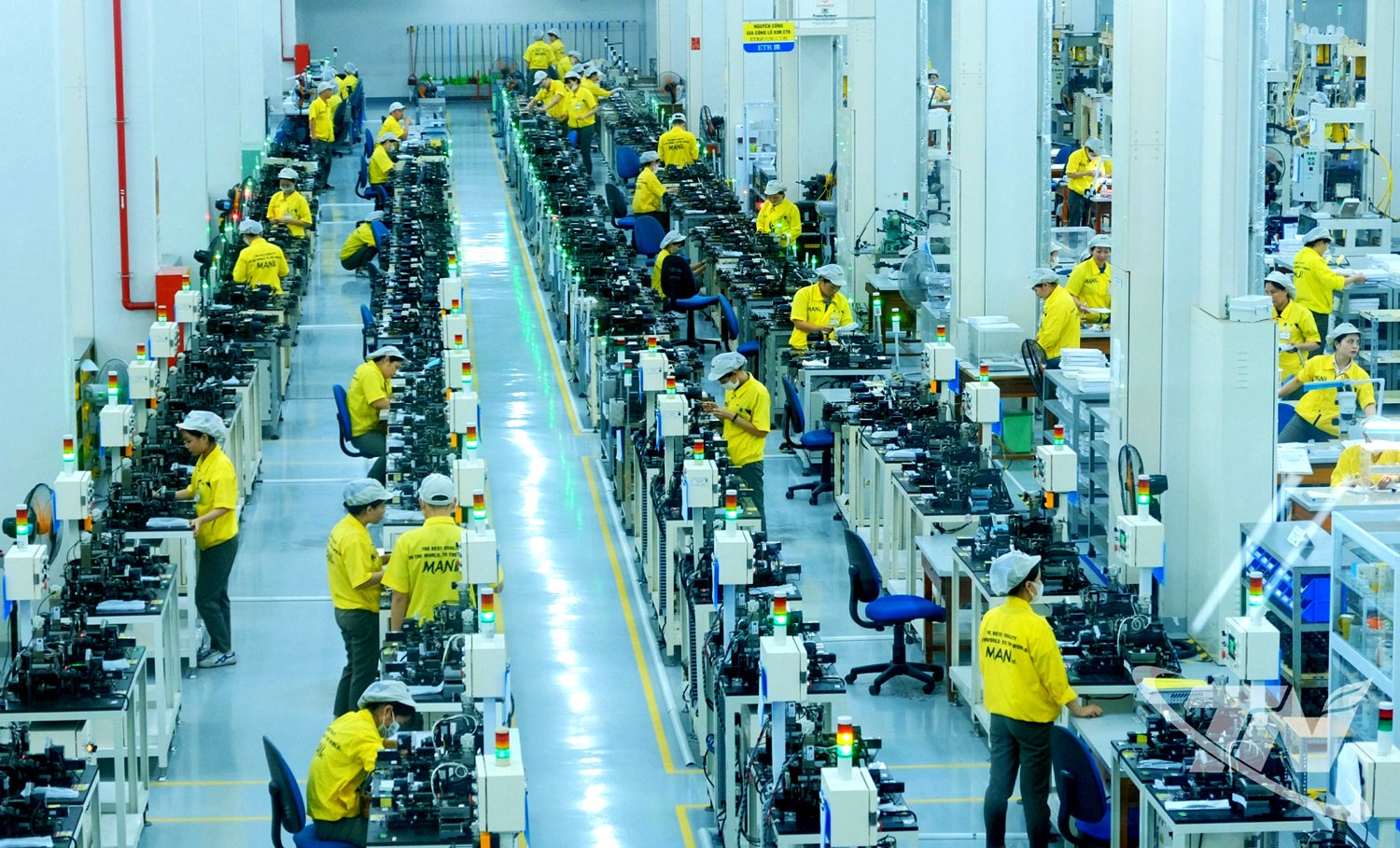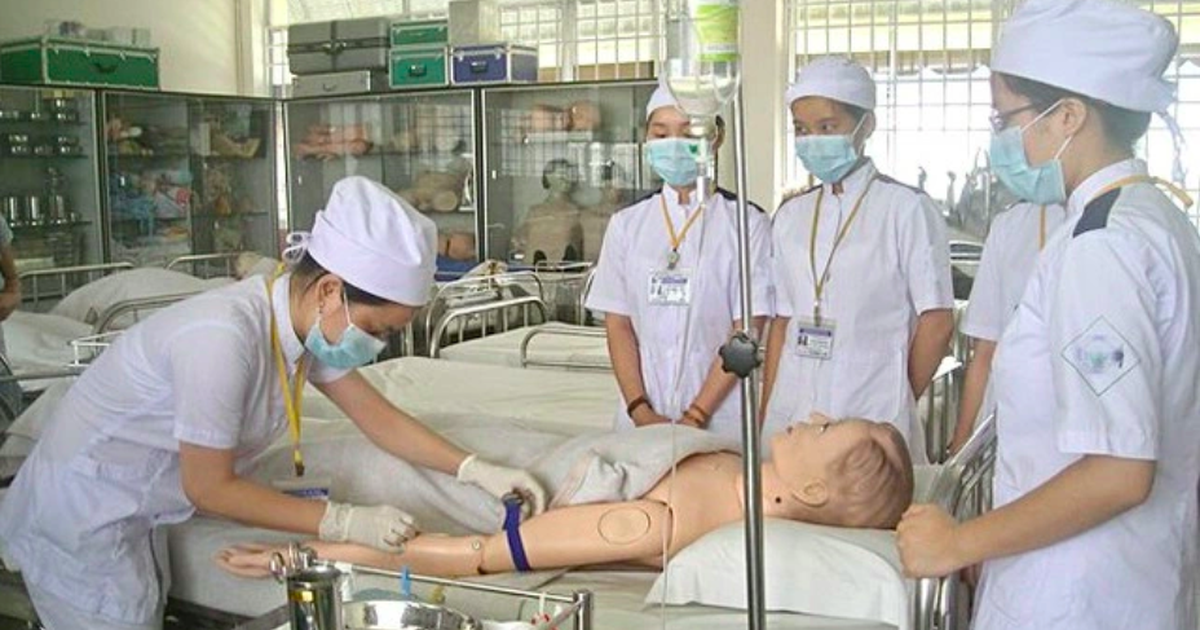Although the labor market is forecast to improve from now until the end of the year as businesses boost production and business to serve people's consumption during Tet, there are some challenges related to labor supply and demand that authorities need to pay more attention to in order to have appropriate policies.
Firstly, there is a surplus of labor. Currently, the balance between labor supply and demand is out of phase in the direction that the recruitment needs of businesses and the job search needs of workers have not met, specifically in terms of salary and occupation.
For example, in Ho Chi Minh City, the demand for human resources requires workers with many different professional levels such as university degree or higher is 22.85%, college degree is 24.61%, intermediate degree is 27.17%, but on the contrary, there are up to 76.94% of people with university degree or higher looking for jobs, college degree is 20.48%, intermediate degree is only 1.89%.
This will put pressure on wages and the ability to find jobs of the young workforce, so it requires Ho Chi Minh City to focus on building vocational training and education policies to have a high-quality workforce.
Second, structural unemployment is increasing. In the field of labor and employment, this situation occurs when workers' skills do not match the needs of the market. At this time, it requires promoting vocational training policies, retraining workers and introducing them to other industries.
Third, the role of job referrals has not yet fully exploited its advantages. Ho Chi Minh City has many units performing this function, but in reality, in the past, many workers have not yet accessed the information that state agencies have connected, many cases have fallen into job traps, labor fraud, etc. Therefore, Ho Chi Minh City needs to review its resources to better perform this function in the future.
Source link











































































































Comment (0)